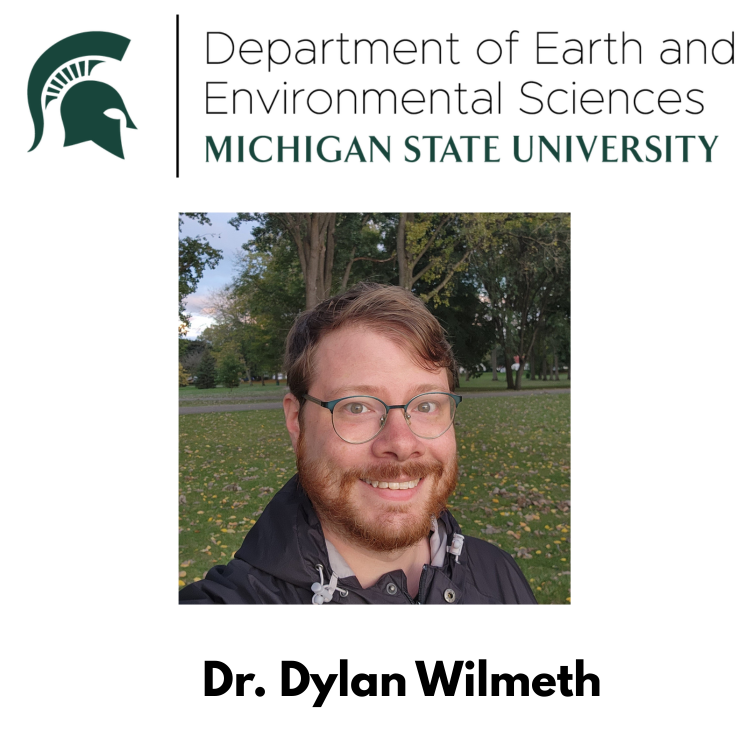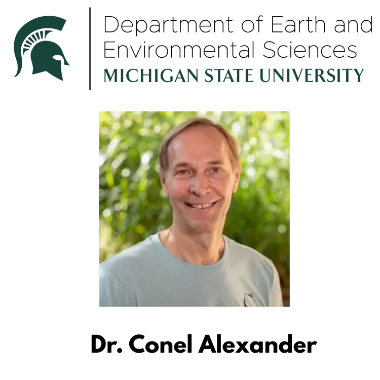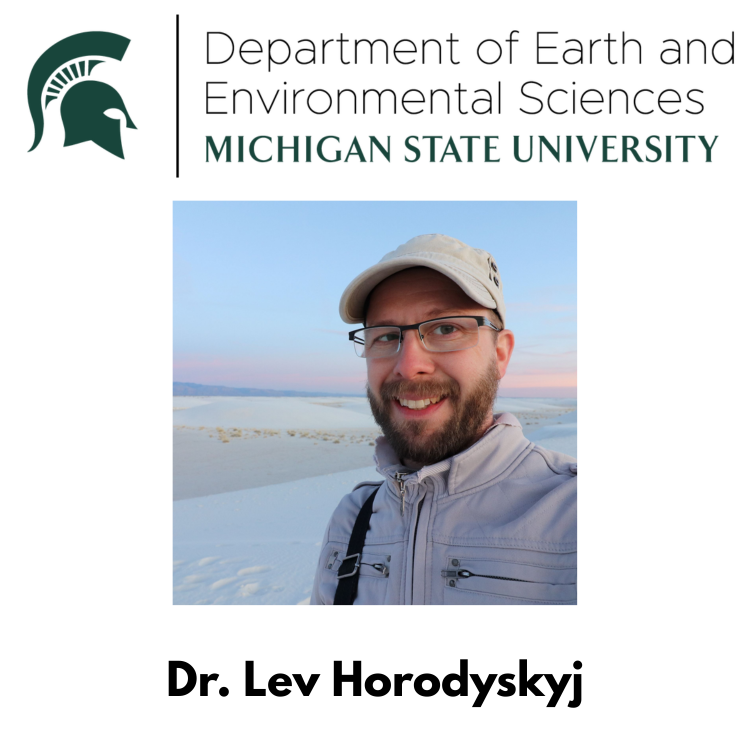EES Guest Speaker - Dr. Amy Jo Burgin
Join us this Friday, December 1st to for Dr. Burgin's talk: Serendipity in Science: Leveraging “opportunistic experiments” to better understand nitrogen transport and transformations in rivers.
Amy Burgin is an aquatic biogeochemist and ecosystem ecologist at the University of Kansas. Her lab seeks to understand how human activities and climate change alter water quality and microbial communities, with a primary focus on nitrogen cycling in agricultural landscapes. She uses environmental chemistry, microbiology, cutting-edge sensor technology to address basic and applied research and management issues across a variety of aquatic ecosystems, including streams, rivers, lakes and wetlands.
In this talk, Dr Burgin will make the case that the field of ecosystem ecology should make greater use of “serendipitous” or opportunistic experiments to gain insights at scales that are not easily amenable to classic experimental design constraints: Using two serendipitous experiments (both funded by NSF RAPID grants), What can we learn about nitrogen transport vs. transformation in large rivers using serendipitous experiments? The first project leveraged drought-to-flood transitions, which we termed weather whiplash, to understand how changing weather patterns, driven by climate change, would impact water quality. The second project leveraged a unique opportunity to study a massive addition of a unique microbiome and source of nitrogen (from a decommissioned fertilizer plant) to the Kansas River. Through these serendipitous experiments, we learned that the interaction between intensive agriculture and climate change will negatively affect water quality. We also learned that microbial communities in big rivers can retain large amounts of nitrogen, even during cold winter conditions. Finally, we learned that there are opportunities to learn from “opportunistic experiments” across many areas of ecosystem science.



